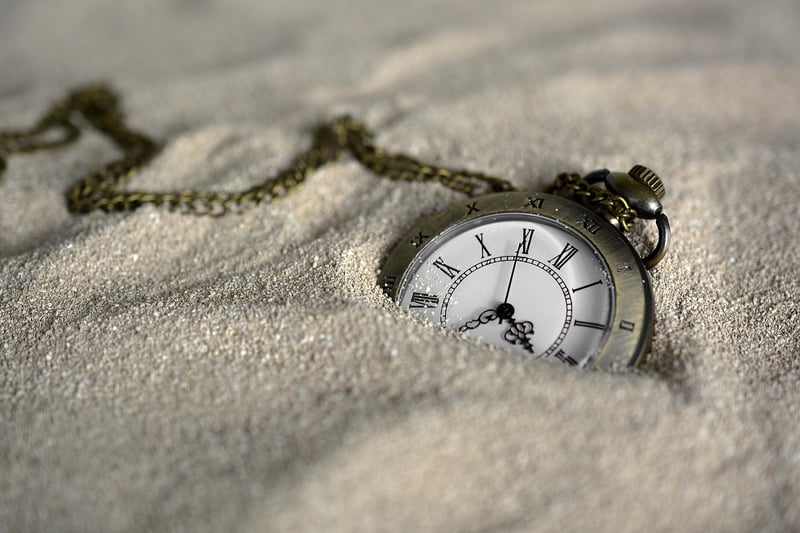Grandfather Paradox
Navigating the Complexities of Time and the Grandfather Paradox
Time, a concept that has fascinated humans for centuries, is a multidimensional enigma that often leaves us pondering its intricacies. From theories of relativity to time travel, the realm of time is filled with complexities that challenge our understanding of the universe. One such perplexing concept is the Grandfather Paradox, a thought experiment that delves into the implications of time travel on causality.
The Grandfather Paradox Explained
The Grandfather Paradox poses a hypothetical situation where a time traveler goes back in time and prevents their grandfather from meeting their grandmother. This would, in theory, prevent the time traveler's birth, leading to a paradoxical situation - if the time traveler was never born, how could they travel back in time to alter the past?
Navigating the Paradox
Various theories have been proposed to navigate the complexities of the Grandfather Paradox. Some suggest the idea of parallel universes, where altering the past creates a new timeline diverging from the original one. Others argue for the concept of a fixed timeline, where any attempt to change the past is inherently doomed to fail.
Implications and Speculations
The Grandfather Paradox raises profound questions about free will, determinism, and the nature of time itself. It challenges us to reconsider our understanding of causality and the possibility of altering the past. While time travel remains a theoretical concept, exploring such paradoxes expands our perspectives on the fabric of reality.
Conclusion
In conclusion, the Grandfather Paradox serves as a captivating entry point into the complexities of time and causality. As we delve deeper into the mysteries of the universe, we continue to grapple with the enigmatic nature of time and its profound implications on our perception of reality.

For further exploration of time-related concepts and paradoxes, check out Space.com's article on time travel.
